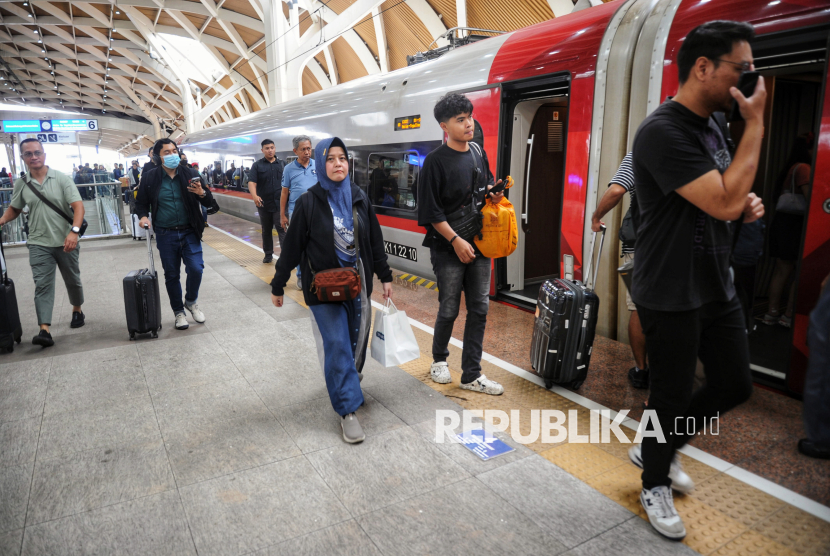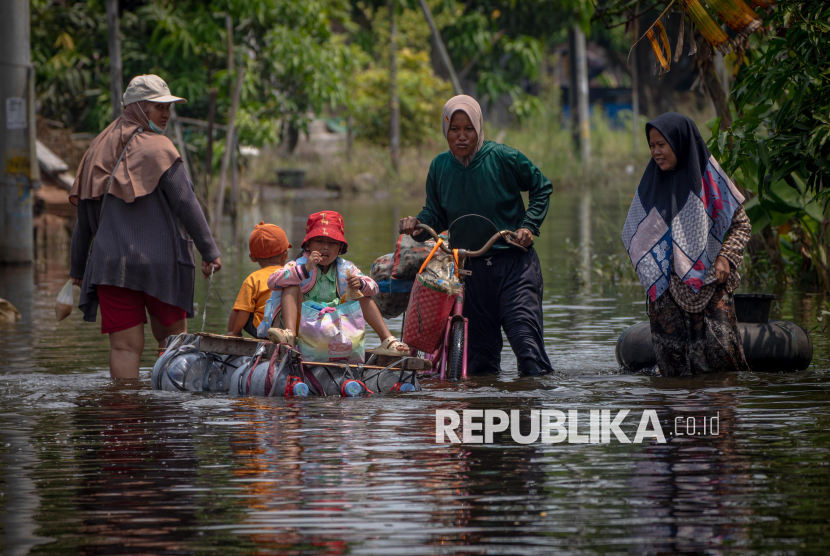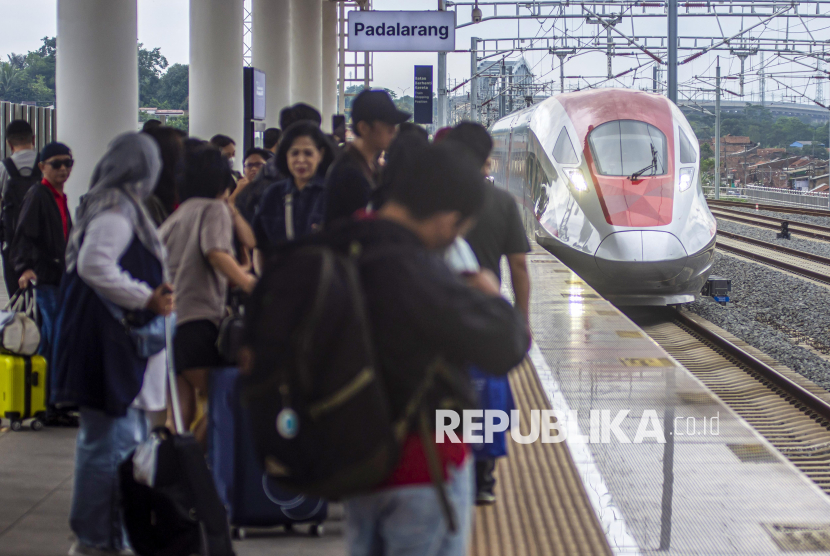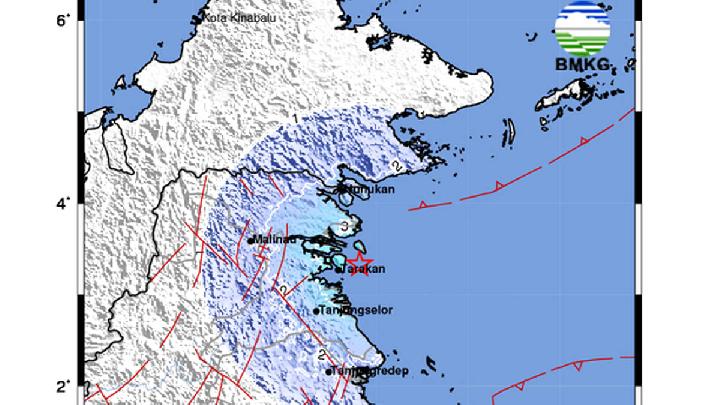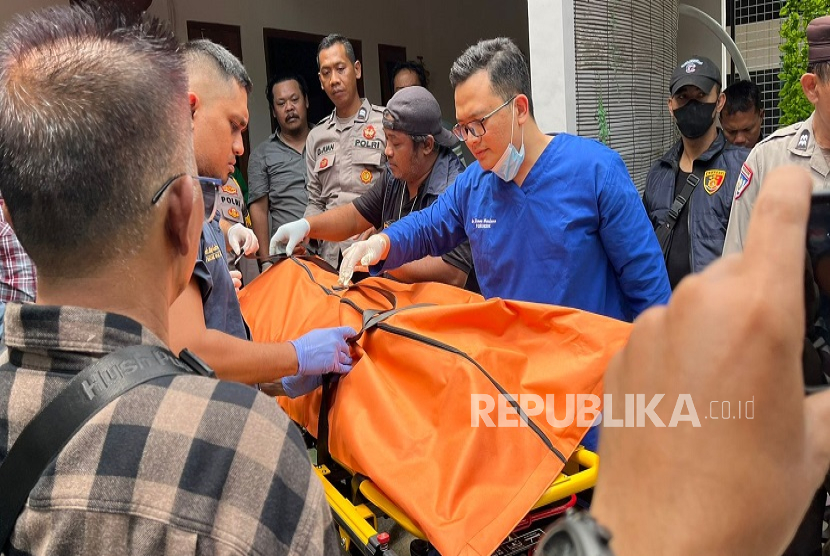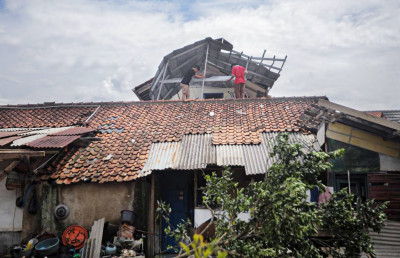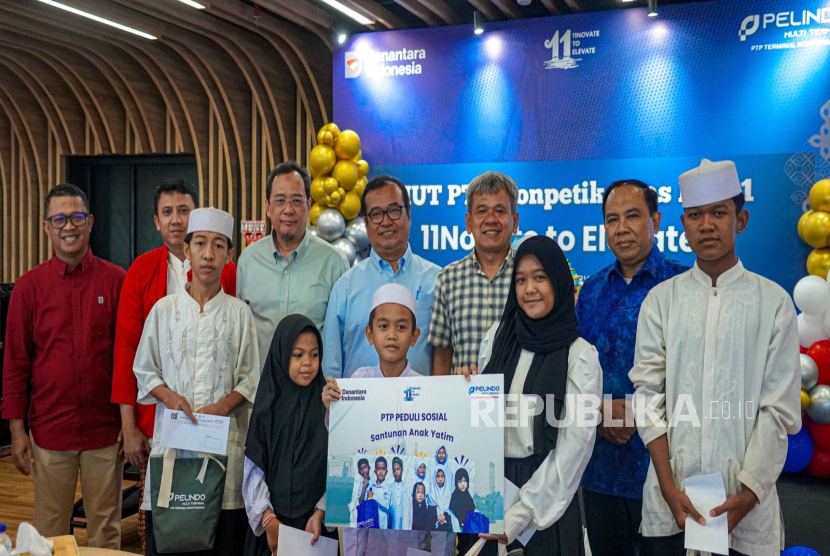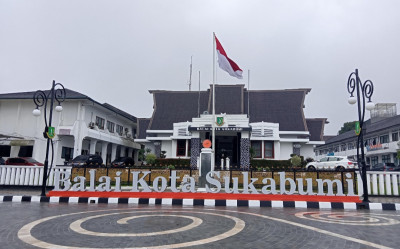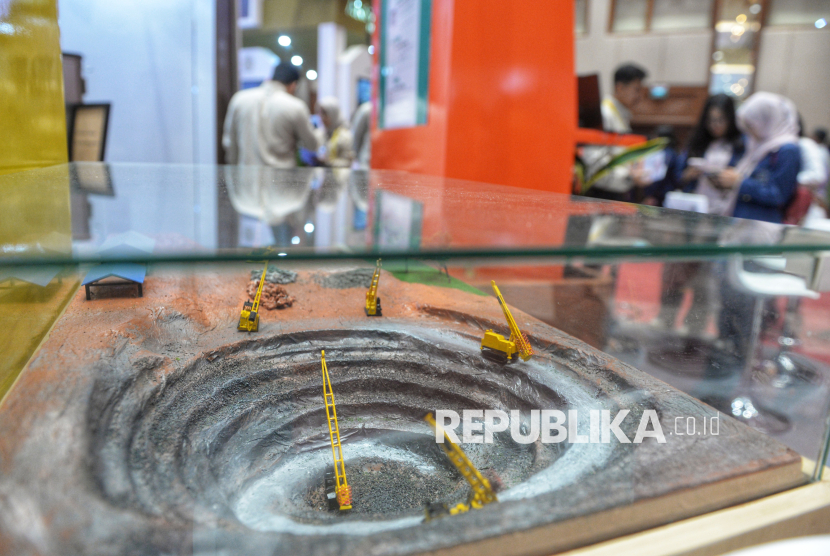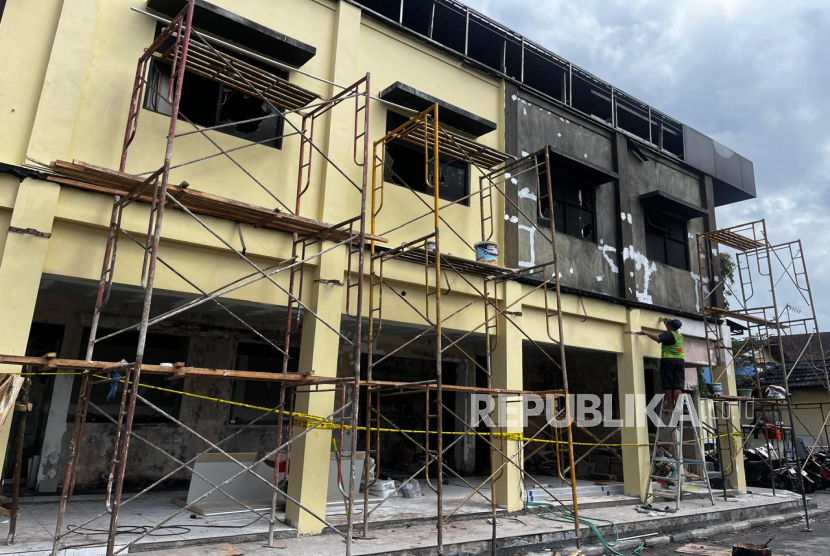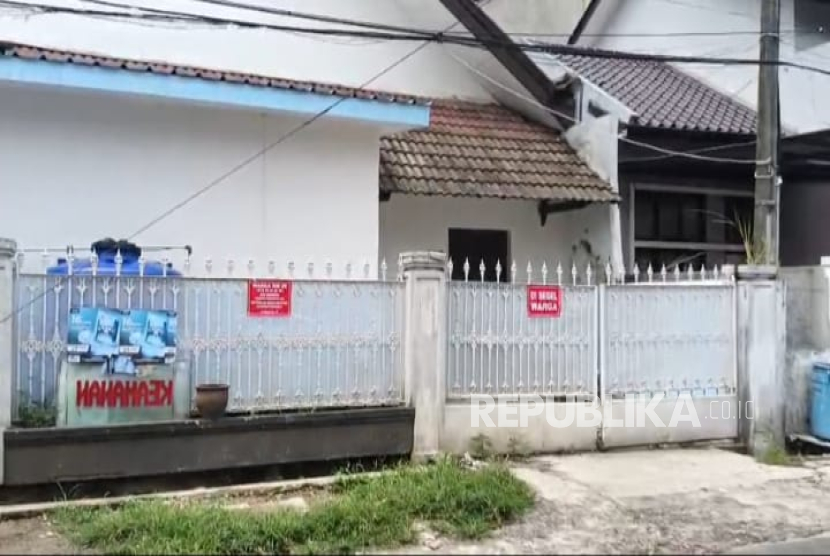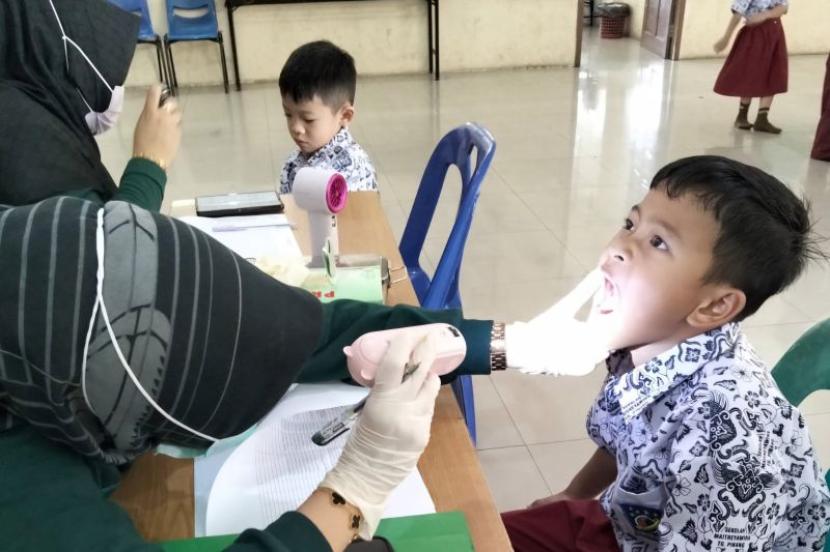TEMPO.CO, Jakarta - Over 120 heads of forestry and experts from 20 countries across the Asia-Pacific region have gathered in Chiang Mai, Thailand, this week to address the urgent threats facing the world’s forests and advance an agenda centered on the critical link between "Healthy Forests Feed the Future."
The high-level gathering, the Thirty-First Session of the Asia-Pacific Forestry Commission (APFC 31) and Asia-Pacific Forestry Week 2025, is being held from November 3–7, hosted by the Royal Forest Department of Thailand in collaboration with the Food and Agriculture Organization of the United Nations (FAO).
Forests currently sustain more than 22 million people globally, providing livelihoods, food security, and essential ecosystem services like pollination, soil fertility, and water regulation. They are also vital carbon sinks and biodiversity reservoirs, making them crucial for achieving the Paris Agreement and the Sustainable Development Goals (SDGs).
Growing Pressures and Global Commitments
Despite their importance, forests are increasingly vulnerable to land conversion, urbanization, unsustainable use, and climate-driven threats such as deforestation, wildfires, pests, and floods. According to the FAO report, ‘The State of the World’s Forests 2024’, declining biodiversity and ecosystem services now put millions of livelihoods at risk.
The Chiang Mai event is focusing on innovative forest management, inclusive partnerships, and supportive policies to mitigate these pressures.
"This platform allows us to share Thailand’s experiences in sustainable forest management and learn from others," said Nikorn Siratochananon, Director General of the Royal Forest Department, Thailand. "It reinforces our shared commitment to conserve forests as a source of life, livelihoods, and food security."
Forests as the Backbone of Food Systems
The main theme highlights the role of forests as the foundation for food security and resilient landscapes. Alue Dohong, FAO Assistant Director-General and Regional Representative for Asia and the Pacific, emphasized this point: "Healthy forests are the backbone of healthy food systems."
"Forests enhance food availability by supplying a diverse range of wild foods and supporting sustainable agriculture through ecosystem services such as pollination, water regulation, and soil protection," Dohong added.
Key discussions are exploring how forests contribute to sustainable agrifood systems, leveraging insights from the forthcoming 2025 Global Forest Resources Assessment, and examining forest-based bioeconomy approaches that offer new pathways for sustainable growth and green jobs.
New Guidance for Smallholders
A major event at the commission this week is the launch of a new joint technical report by FAO, the Center for International Forestry Research (CIFOR), and World Agroforestry (ICRAF). The report, titled “Agroforestry for Wood Production – Insights from Multifunctional Smallholder Tree Farming Systems in Asia and the Pacific”, provides practical guidance for smallholder farmers.
This report offers strategies to produce wood efficiently while maintaining vital ecosystem functions and diversifying farmer incomes, serving as a concrete example of how healthy forests can drive sustainable futures.
"The Asia-Pacific Forestry Commission (APFC) remains a vital bridge for regional collaboration," noted Preecha Ongprasert, Chair of the APFC. "Through shared knowledge and collective action, we can ensure forests truly feed the future.”
Driving Collaboration Towards COP30
The sessions reaffirm the importance of collaboration among governments, international organizations, civil society, and research networks. According to Sheila Wertz-Kanounnikoff, APFC Secretary and FAO Senior Forestry Officer, the meeting serves to "drive collaboration on the forest-based bioeconomy, restoration, climate and biodiversity action—underscoring the vital role of forests and trees in resilient agrifood systems.”
Collaboration is especially crucial for the 380 million smallholders across Asia and the Pacific who depend on agriculture for their livelihoods. Ongoing initiatives, such as Result Asia-Pacific, aim to support the restoration of degraded lands and strengthen community resilience.
The decisions and regional priorities established this week are expected to inform the region's contributions to global initiatives, including the lead-up to COP30 in Brazil. The next APFC session is scheduled for 2027.
Editor's Choice: FAO: Global Deforestation Slows Down, Forests Still Threatened
Click here to get the latest news updates from Tempo on Google News

